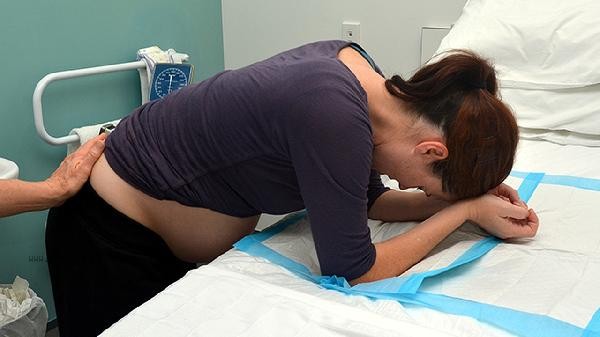Pregnant women who accidentally consume a small amount of Bai Zhi generally do not have a direct impact on the fetus, but long-term or large intake should be avoided. Bai Zhi, as a traditional Chinese medicine, may contain volatile oils and other components. Excessive use may stimulate the gastrointestinal tract or affect pregnancy. If discomfort symptoms such as abdominal pain occur, seek medical attention promptly. Pregnant women who occasionally ingest trace amounts of Bai Zhi do not need to worry excessively. Bai Zhi is commonly used in traditional medicine to dispel wind and dispel cold, and its conventional medicinal dosage is much higher than the accidental exposure in daily diet. During pregnancy, the digestive system is sensitive, and a small amount of Bai Zhi may cause mild nausea, but it usually does not penetrate the placental barrier and affect fetal development. It is recommended to drink warm water to promote metabolism and observe for any abnormal reactions within 24 hours. Some pregnant women with special physical conditions may be sensitive to the components of Angelica dahurica. Individuals with Yin deficiency and blood heat constitution may experience dry mouth and tongue after ingestion, while those with allergies may cause skin itching. Pregnant women with a history of threatened miscarriage should be more cautious, as coumarins in Bai Zhi may theoretically enhance uterine contractions. If vaginal bleeding or regular uterine contractions occur after ingestion, it is necessary to immediately go to the emergency obstetrics department.

During pregnancy, avoid contact with unknown Chinese medicinal herbs in diet, and carefully identify the ingredients of seasonings when cooking. Before taking traditional Chinese medicine meals, you should consult a Chinese medicine doctor to clarify the compatibility safety of the medicinal materials. Keeping dietary records helps doctors quickly assess risks, and regular prenatal check ups can monitor the condition of the fetus in a timely manner. When experiencing any discomfort symptoms, priority should be given to seeking treatment at a public hospital's obstetrics department rather than self medication.






Comments (0)
Leave a Comment
No comments yet
Be the first to share your thoughts!